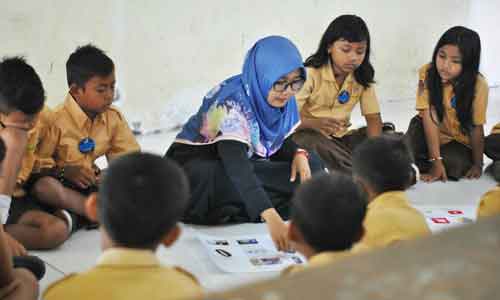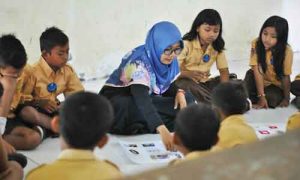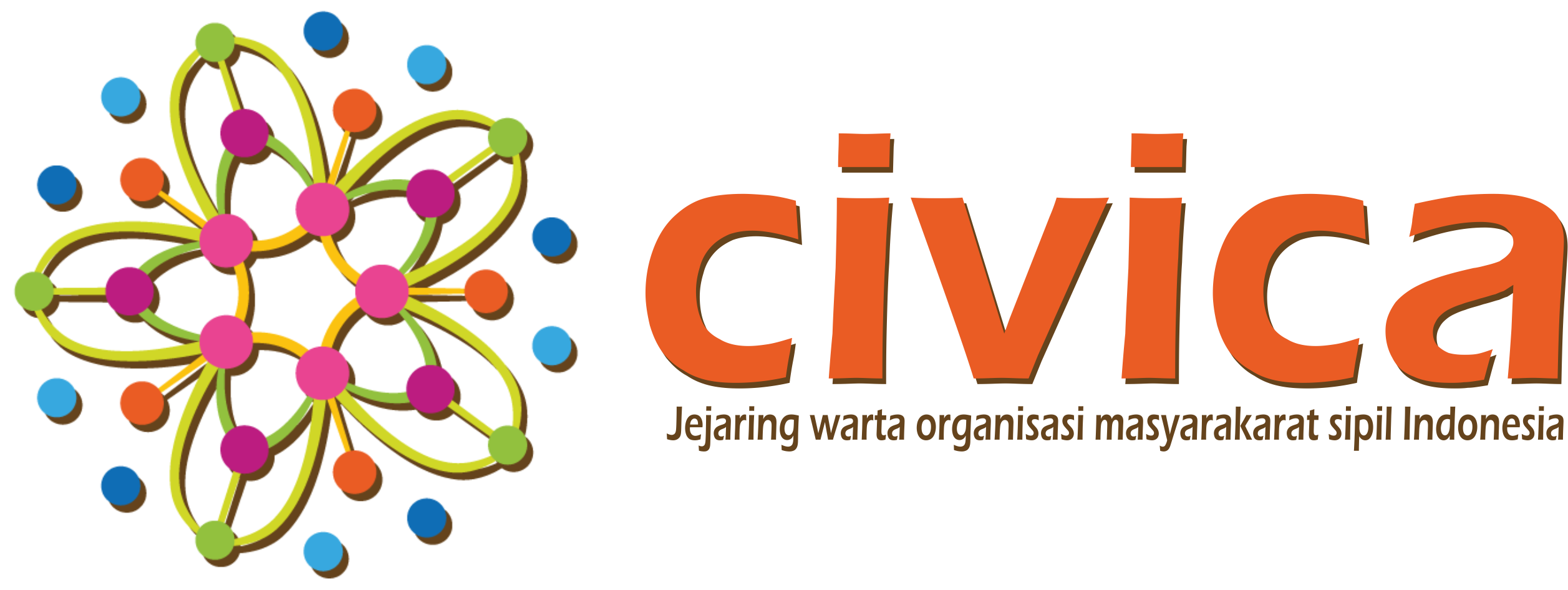Integrating Religion and Science in the Classroom

 “Integration of science and religion” has been a major discourse in Muslim-majority countries for decades. The history of this discourse began in the 19th century, but since at least the 1980s the conversation has taken a more practical turn—moving from a purely theoretical discourse to implementation in educational settings.
“Integration of science and religion” has been a major discourse in Muslim-majority countries for decades. The history of this discourse began in the 19th century, but since at least the 1980s the conversation has taken a more practical turn—moving from a purely theoretical discourse to implementation in educational settings.
In Indonesia, such integration has been attempted at several levels. A few State Islamic Institutes were transformed into State Islamic Universities beginning in 2002, with “integration” of Islamic and religious sciences as a key concept. In general, Islamic education, as administered by the Ministry of Religious Affairs, has developed the integration of religion and science as one of its primary agendas, to the present.
The seminar “Strengthening Science Education in Islamic-based Schools” presented the research on integration of science and religion at the high school level. Organized by ICRS and held on November 28, 2020, the seminar garnered an audience of 270. The recording is available on https://www.youtube.com/watch?v=yeD2GJb2QJc. The research presented combines two objectives: not only integrating science education with Islamic teachings, but also new advanced ways of science education to address the observed weakness of education in Indonesia.
Methodological and Ideological Gaps
The research was undertaken in 2017-2019 and received support from USAID and the National Academy of Sciences. The team initiated a study in science education in Islamic schools by leveraging the positive sentiments of the Islamic spirit among students and teachers. The study introduces Islamic motivation in science learning which was implemented in science classes during one semester in 18 Islamic schools in Malang, Lamongan, and Yogyakarta.
The seminar on “Religion, Science and Education” was also a part of scientific literacy that has been under-pursued in our Muslim-majority society. Attended by Islamic school teachers and students, this seminar aimed to disseminate research results to provide alternatives for the development of science education in Islamic schools, as well as to offer input for science education policies in Indonesia.
Dr. Askuri as the principal investigator of this research started this project when he was an ICRS student earning his doctorate in 2019. During the baseline research conducted in 2017, he found that there is: (1) a gap between science and everyday life; (2) a methodological gap where the learning orientation is that students can solve problems: (3) an ideological gap that shows science and Islam are considered disparate entities such that teachers are afraid to integrate Islam in science learning, and furthermore, the schools prioritize religious practices rather than science teaching.
These findings formed the basis for the module development during 2018. The module integrates Islamic values into science teaching in 3 domains: (1) Epistemology that verses in the Quran are explored to encourage students’ motivation to learn science; (2) Axiology through science projects, experiments, and hands-on activities; (3) Ontologically that evokes students to reflect on the greatness of God through science.
The module composed 30% of experiment, 20% of discussion and presentation, 30% of theory, 20% of science projects, and was implemented for 1 semester during 2019. Dr. Askuri evaluated that the module is quite effective in increasing motivation, involvement and understanding in science learning.
Teachers’ Responses
Dr. Zainal Abidin Bagir –the director of ICRS, as a discussant emphasized the significance of this project. The ambiguity of Muslim thinkers regarding religion and science split into two groups. There is a group, which is not part of the mainstream, which rejects modern science because it is seen as contradicting religion. The mainstream group, however, sees that Islam and science should be integrated. This research is a step forward, because it addresses not only a discourse (theoretical and normative) on whether science and religion are contradictory but has reached the level of implementation in education.
According to him, the gap occurs because of the priority of religious practice over science and the teachers cannot integrate Islam and science. There needs to be an integration of the Quranic verses into daily ethics or attitudes in all fields of work, including in science teaching.
Wulan as a science teacher in Malang who is applying science lessons accompanied by Islamic verses, said that the module is a combination of theories and experiments. The students are highly motivated to do scientific experiments. While Fitri who is a science teacher in Yogyakarta contextualized science with everyday situations. For example, the students are stimulated to see the rainfall as a natural phenomenon and see it from Islamic perspective as well. It brings science and religion closer to everyday life. She and her students concluded that their life is science which is written in the Quran.
This is in line with what was said by Arif, as one of the authors of the module, that in science lessons God is not present, but this module teaches science by presenting God. Ghofur, a teacher in Lamongan, said that the challenge is how to apply it among the existing curriculum. He suggested submitting the module to the ministry so that it is included in the curriculum and can be implemented in all schools.
More work needs to be undertaken to create a bridge through methodology and pedagogy to integrate religious education and science education, as well as building an intersectoral bridge between the Ministry of Religious Affairs and the Ministry of Education and Culture to accommodate it with the national policy.
USAID mission representative in Jakarta, Ms. Ester Manurung, in her opening speech appreciated this research which contributed to improving Indonesian human resources to be better and hold strong characters. She also appreciated all the science teachers who are at the forefront of the transformation of science and religious education.
Sumber: https://www.icrs.or.id/news/integrating-religion-and-science-in-the-classroom


Responses